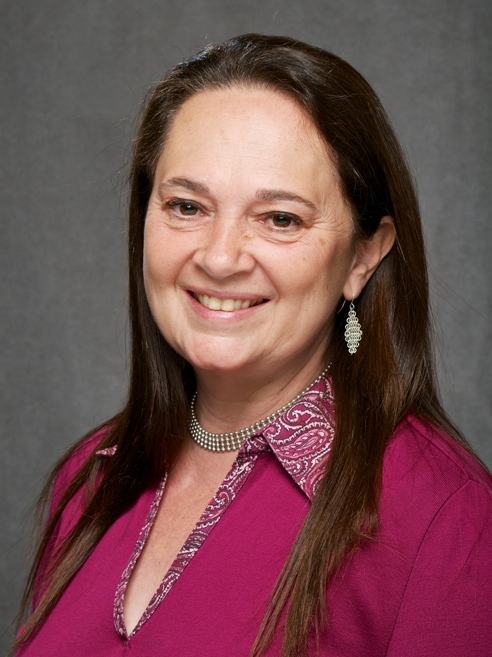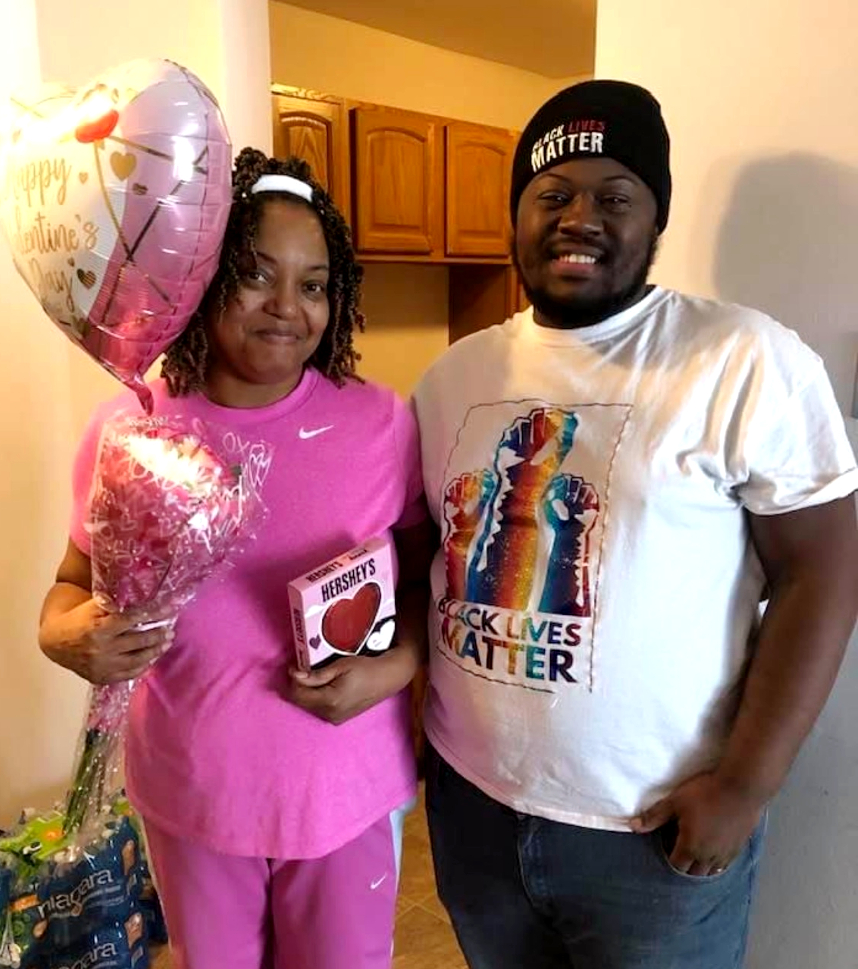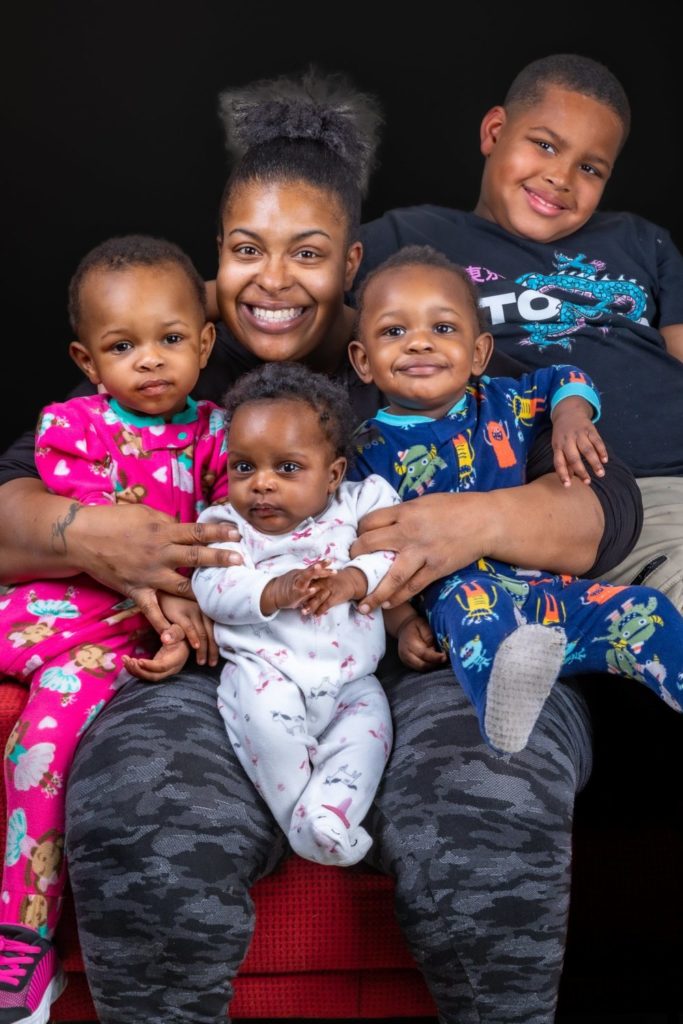
Thirty graduates will walk across the stage on May 4 at the Memorial Union Great Hall as the UW-Madison Odyssey Project graduates its 19th class at its first in-person graduation ceremony in three years.
The Odyssey Project takes a whole family approach to breaking the cycle of generational poverty through access to education, giving adult and youth learners a voice, and increasing confidence through reading, writing, and speaking.
“We have been going strong for 19 years and we’re getting ready to plan our 20th anniversary for next year,” Emily Auerbach, co-director and founder of the UW Odyssey Project, tells Madison365. “We are excited to be graduating our 19th class in person, as well as online, because we’re going to do a hybrid model. This event will be extra special because, in 2020 and 2021, our graduation ceremonies were online-only.”

The 2022 Odyssey graduation celebration will have a special guest — outgoing UW Chancellor Becky Blank, who will speak to the Odyssey graduates. “Chancellor Blank will be receiving a ‘Friend of the Odyssey Project Award’ and we are going to have Bucky Badger there to greet families. It’s always a fun and emotional event,” Auerbach says. “We’re excited to be back together and trying to put in place some COVID guidelines, such as suggested masks and packaged food to try to keep everyone safe.”
Each year in the heart of South Madison, 30 students embark on a six-credit English literature course where UW-Madison faculty members introduce adults to great works of literature, philosophy, history, and art and help them improve skills in writing and critical thinking. In class, students read, write about, and engage in lively discussions about Emily Dickinson, Martin Luther King, Walt Whitman, Shakespeare, Lorraine Hansberry, and more.
At the end of the year, the students and their families, along with Odyssey staff and community members, have a big celebration to honor the graduates.
This year, Odyssey Project will be showing a 28-minute graduation video with all of the graduates.
“The video has each student speaking unmasked – because we recorded them in their own homes – reading a poem or something they wrote. So we will show that as part of the ceremony,” Auerbach says. “That way if we have a student with COVID, or a student who needs to stay masked, they won’t need to be under pressure to speak at the podium the way we used to do pre-pandemic.”
Each student will have their name called and will come up to the stage to get their certificate and have photos taken with Bucky Badger.
“We have encouraged the students to come across the stage to get their certificate with their children along with them or any other family member,” Auerbach says. “Because that way, if you’ve got a single mom of four, she could bring all four children up on stage to get her certificate, get greeted by Bucky Badgers and get photographed and have the whole family involved in that magical moment when they crossed the UW stage.”
This year, the Odyssey Project will be graduating a mother/son duo at the May 4 event.

“Ericka and Jermaine Booey are both graduating from this class and their relationship helped create the sense of warmth and humor in our classroom,” Auerbach says. “Ericka is hoping to go on in social work, and currently works at Operation Fresh Start. Jermaine is using his graduation video to announce his intention to marry the love of his life!”
The Odyssey program has expanded over its 19 years as it has grown to now include Odyssey Junior (children and grandchildren of students), Onward Odyssey (for Odyssey alumni), and Odyssey Beyond Bars (incarcerated students).
Every year, the UW Odyssey Program graduation ceremony is the place to hear amazing, heartwarming stories from its students who have triumphed over incredible adversity or overcome incredible odds and this year is no different with several students who have battled homelessness, a mother of seven, and a man recently released from a 15-year prison sentence.
“We have one student who finished a 15-year prison sentence and got into Odyssey and during the course of this year, fell down a flight of stairs and is now in a wheelchair. He also had collapsed lungs from that injury,” Auerbach says. “But he has persevered despite injury, despite all kinds of suffering, despite loved ones with COVID. And I think that epitomizes the resiliency of this class as a whole. Every single student who’s going to walk across that stage has gone through hell and beyond this year.”
Auerbach says that there have been just over 500 graduates of the core Odyssey Program in its 19 years.
“We’ve worked with hundreds of their children and grandchildren. We also have almost 100 men in our Odyssey Beyond Bars program who have earned UW college credit through that program, taking composition and really changing their lives as well,” she says.

What Odyssey doesn’t have a measure for is exactly how many extended family members have been positively affected by just one person going to college.
“But we hear anecdotally that it has had a profound impact on entire families and communities,” Auerbach says. “We have many children and grandchildren where they started to see themselves as college-bound when their parents or grandparents walked across a UW stage, or would sit at night doing homework on everything from Shakespeare to Socrates.”
Auerbach’s mother, Wanda Auerbach, made it out of dire poverty in Appalachia through her love of reading and free education at Berea College. She is an inspiration to Auerbach and her students.
“I’m most proud to think of how many generations of students will be impacted by Odyssey. And I know from my own family stories that Berea College opened the door to my mother as the first one in her family to go to college which helped to break a cycle of generational poverty,” Auerbach says. “Her sister then went to Berea, and that sister’s daughters went on to Wellesley Mount Holyoke and Harvard Medical School. You change one family member, and the entire family is never the same.
“Access to education is crucial to breaking cycles of generational poverty and racial injustice. I will say that this year’s class, the class of 2022, is 100 percent from communities of color.”



